Sudan’s fragile truce extended for 72 hours, as warring sides trade blame for ceasefire violations
A shaky ceasefire between Sudan's army and paramilitary Rapid Support Forces (RSF) has been extended for another 72 hours amid a blame game between the two sides, each accusing the other of violating the ceasefire.
The deal, which was originally mediated by the United States and Saudi Arabia, was expected to expire at midnight on Sunday.
After the Sudanese army said in a Sunday statement that it had agreed to extend the truce for a period of 72 hours, the RSF said it had also agreed to the extension "in response to international, regional, and local calls."
Since the two sides started fighting on April 15, more than 500 people have been killed, while hospitals and other services have been knocked out, and residential areas turned into war zones.
Thousands have also been wounded in the fighting, which has displaced tens of thousands of people.
No prospect for talks between warring sides
After announcing its agreement to truce extension, the Sudanese army said it hoped what it called the "rebels" would abide by the deal, adding, however, that it believed they intended to keep up attacks.
The army also claimed that it had destroyed RSF convoys moving towards the capital Khartoum from the direction of the west.
The RSF said the army used artillery and warplanes to attack its positions in a number of areas in Khartoum Province.
Speaking on Saturday, Sudan's former prime minister warned that the ongoing conflict could turn into one of the world's worst civil wars if it is left unchecked.
"God forbid if Sudan is to reach a point of civil war proper... Syria, Yemen, Libya would be a small play," Abdalla Hamdok said, adding, "I think it would be a nightmare for the world."
Meanwhile, the prospect of negotiations between the warring sides remains bleak.
Army chief, General Abdel Fattah al-Burhan, has ruled out sitting down for talks with the head of the RSF, General Mohamed Hamdan Dagalo, who, in turn, said he would talk only after the army has ceased hostilities.
"There are no direct negotiations, [but] there are preparations for talks," Volker Perthes, the UN special representative in Sudan, told journalists in Port Sudan.
Perthes, who had earlier alleged that the sides were more open to negotiations than before, said he hoped a direct meeting between representatives of the warring sides would be held as soon as possible aimed at "achieving an organized ceasefire with a monitoring mechanism."
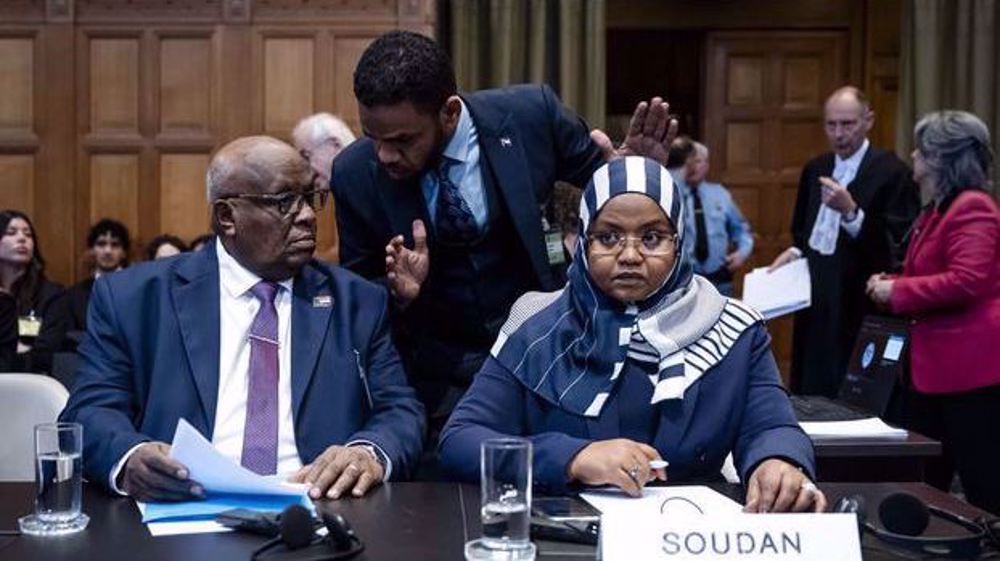
Sudan takes UAE to World Court over 'genocide' in Darfur
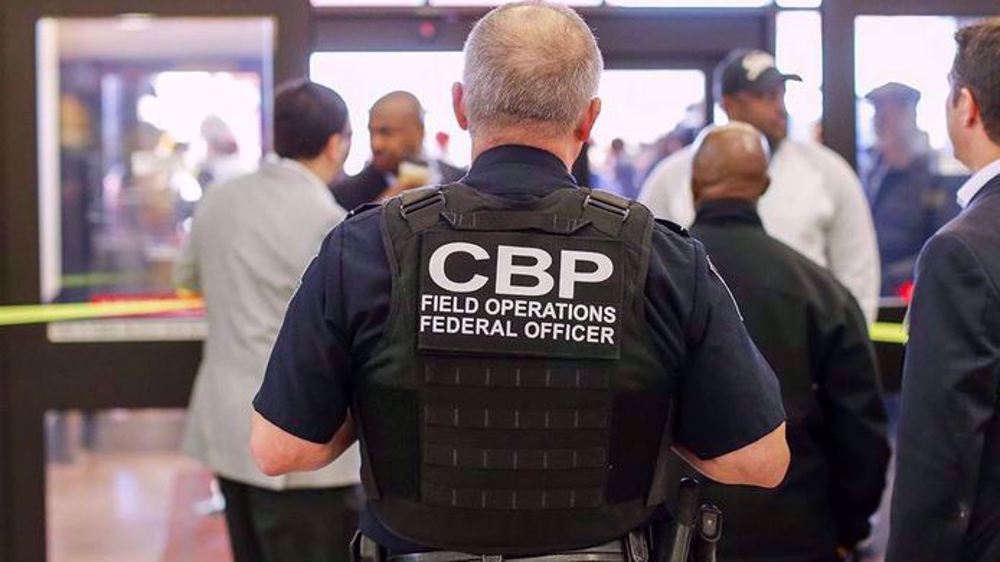
US revokes all visas held by South Sudanese passport holders
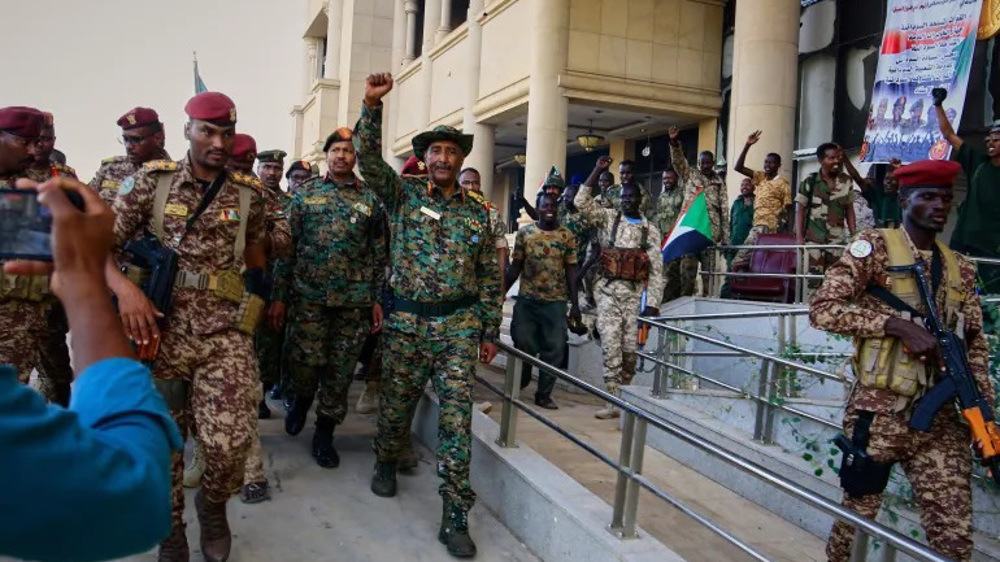
Sudan army takes full control of Khartoum amid RSF defiance
Palestinian prisoner dies in Israeli jail due to deliberate medical negligence
China ‘firmly’ opposes countries making trade agreements with US at its expense
Israel hell-bent on decimating Gaza’s health system: Hospital director
VIDEO | Demonstration called against military cargo ship arrival at Algeciras Port
Iranian Armed Forces achieve ‘most sophisticated’ defense technology: Military official
Israeli forces, settlers escalate West Bank raids, killings as more Palestinians displaced
US airstrike on Yemeni capital kills at least 12 civilians
VIDEO | Yemeni air defenses shoot down another US MQ-9 drone over Sana’a


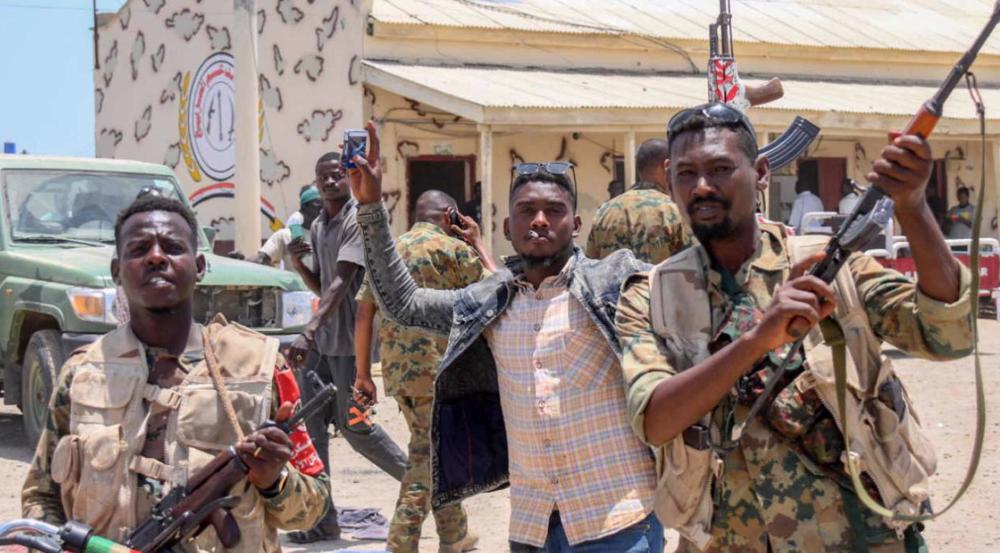
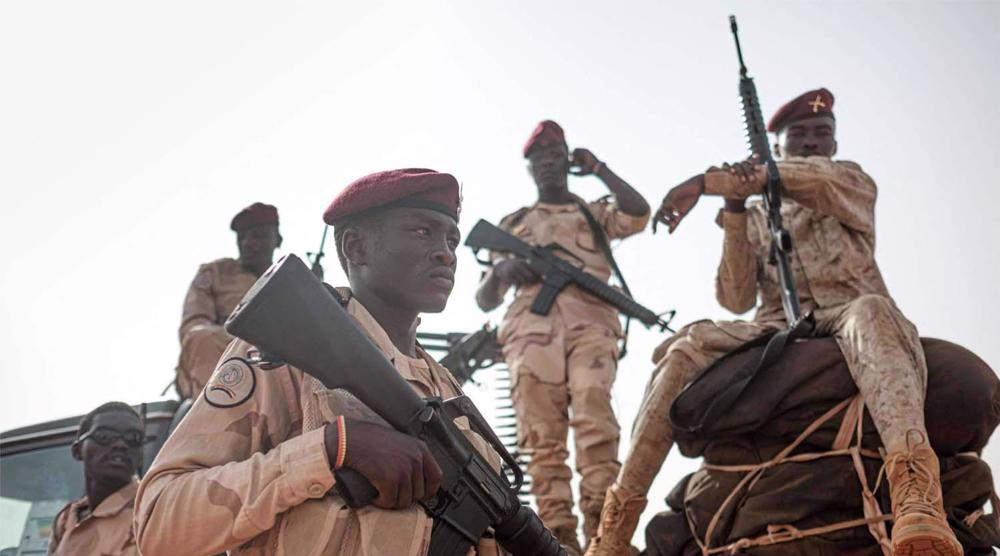
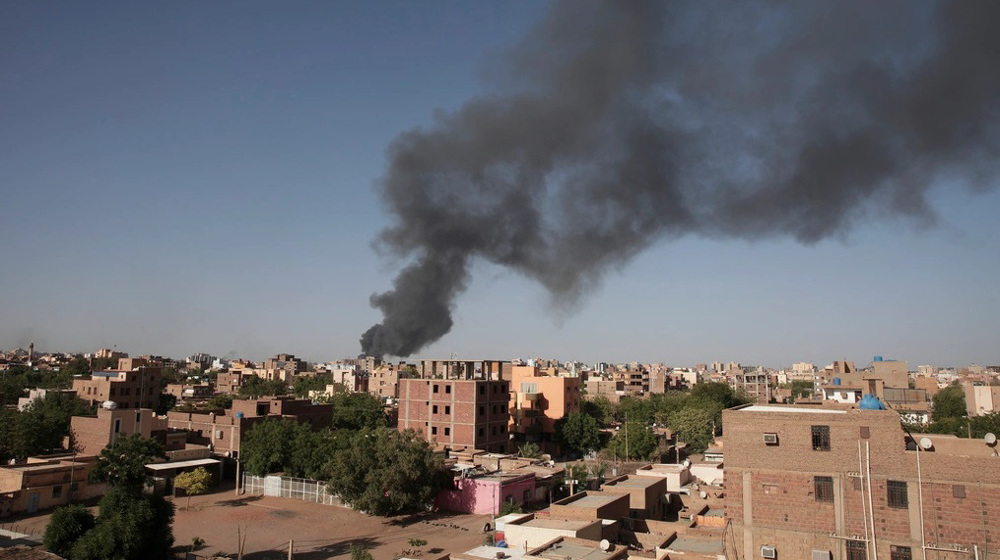



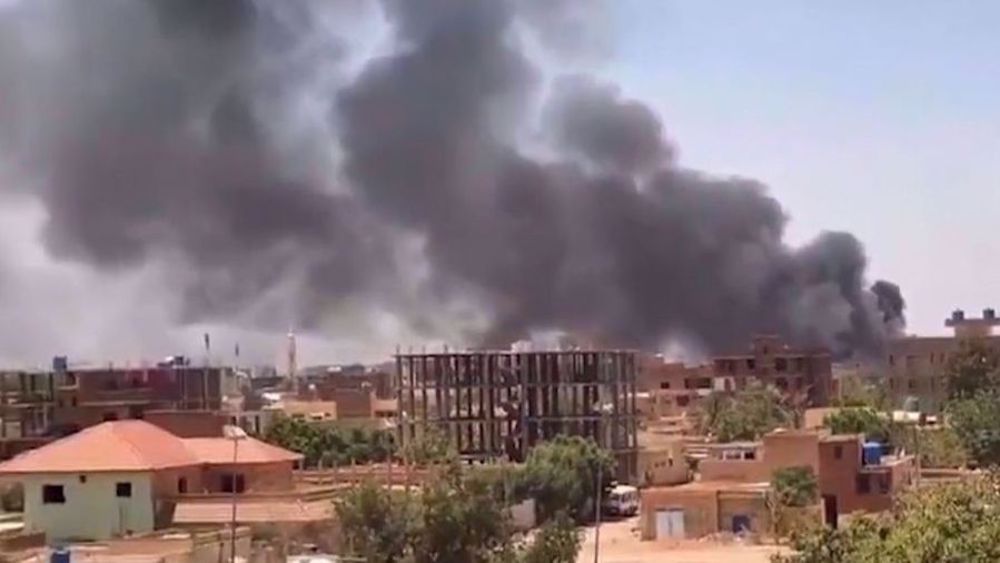
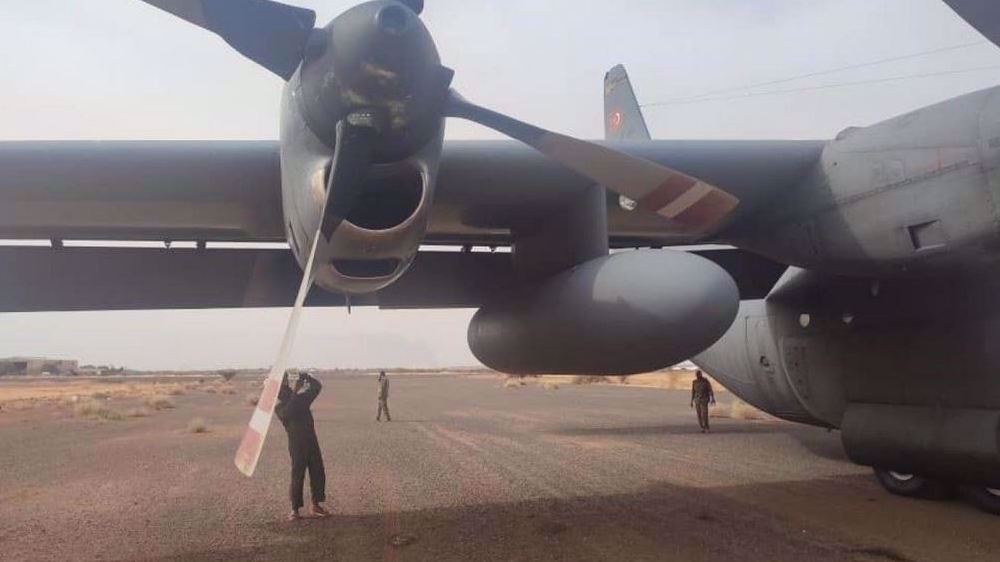
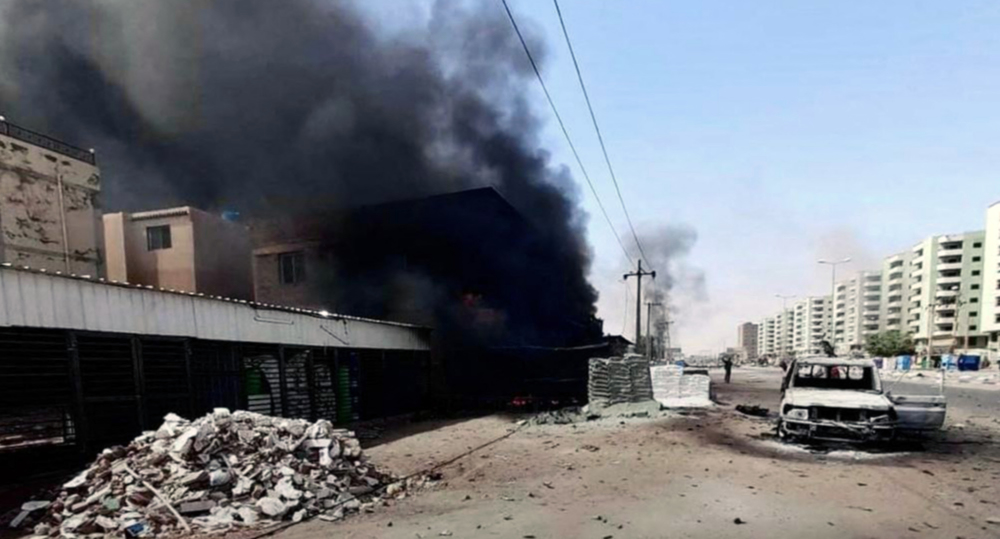

 This makes it easy to access the Press TV website
This makes it easy to access the Press TV website